
"with best wishes and warm greetings from our students, researchers, staff members, alumni and colleagues, across generations",
Selma Saidi
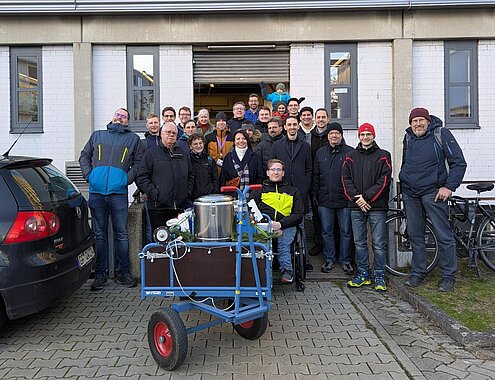

On 9th of December 2025, we held a children's Christmas party at the Test Field for Autonomous Systems. Children up to primary school age were able to watch our humanoid and dog robots waving, jumping, sit up and beg ... with mandarins, biscuits and juice.
Events like this literally bring our youngest children into contact with the latest technologies. And the next day they can talk about it in kindergarten or at school, full of amazement.
We would like to thank you for the great interest and the many participants and say: See you next year.
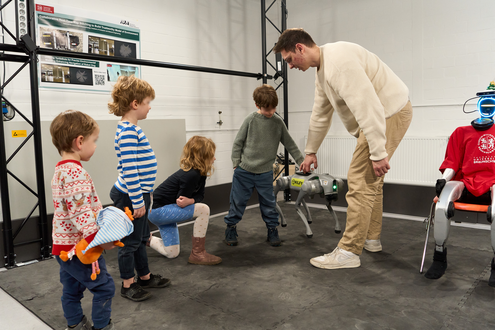
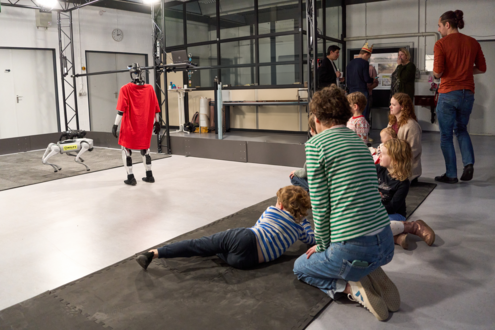
Last weekend, the institute opened its doors as part of CampusXperience and offered visitors an exciting insight into current projects in autonomous assistance robotics. The focus was on a live demonstration of the “Robotdog”, which is designed to guide visually impaired and blind people safely through their everyday lives. The team also presented collaborative systems in the field of computer technology, such as autonomous detection and mapping in flooded areas using drones or the creation of real-time maps for a trustworthy environmental model. Whether robot dog or drone, CampusXperience makes it clear how autonomous systems can be used in the future to support people in their everyday lives.
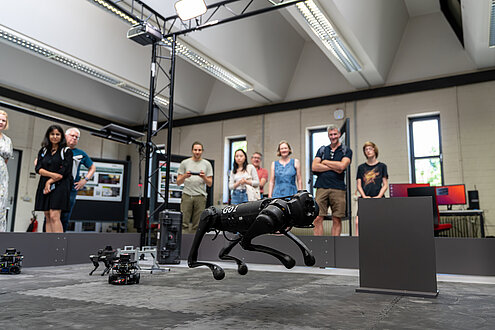
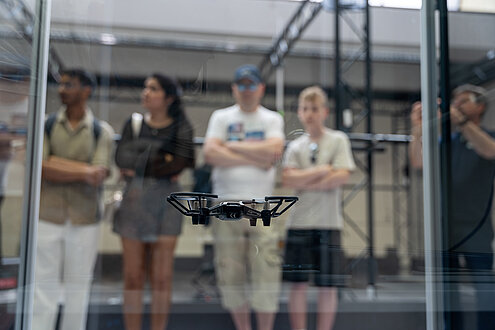
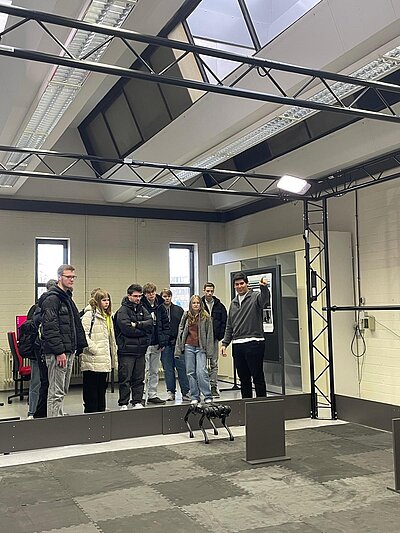
Recently, the IDA department hosted a group of students from grades 11 and 13, offering them insights into the practical applications of collaborative embedded systems. During their visit, they observed several demonstrations designed to showcase how our research translates into real-world solutions.
They witnessed human-assistive robot dogs intended for guiding visually impaired humans, presenting advancements in human-robot collaboration.
A simulated search and rescue operation was also demonstrated, illustrating how drones can effectively coordinate with innovative floating devices acting as beacons. Additionally, the students observed Turtlebots collaboratively navigating and mapping unknown, potentially dangerous environments, highlighting the capabilities of distributed intelligence in addressing complex situations.
This visit provided the students with a tangible understanding of how interconnected systems, developed here at IDA, are being engineered to enhance safety and assistance.
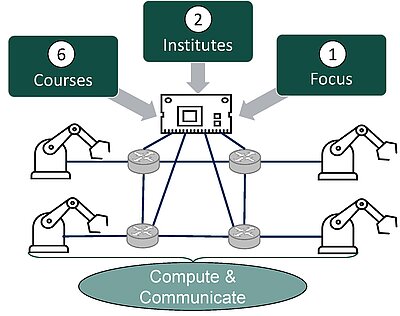
The Platforms for Information Technology (PIT) project is a collaborative initiative between the Institute of Computer and Network Engineering (Prof. Dr. Selma Saidi) and the Institute for Communications Technology (Prof. Dr.-Ing. Eduard Jorswieck). Funded by ProDiGI - Promoting Digital Education through Global Interconnection, the project is part of the SAiL (Stärkung und Ausbau internationaler Lehre) initiative, supported by the Stiftung Innovation in der Hochschullehre.
This interdisciplinary project developed a 30 ECTS module cluster for Master's students, integrating computing and communication systems to provide both theoretical knowledge and practical skills. The curriculum combines lectures and seminars to prepare students for real-world challenges in information technology. The cluster includes courses like Advanced Computer Architecture, Hardware-Software Co-Design, and Information Theory. PIT is designed to be completed in a single semester (winter semester), making it attractive for ERASMUS students.
The PIT project focused on creating flexible learning environments through the use of digital tools such as live-streaming and Jupyter Notebooks. These methods made the learning experience more interactive and accessible, particularly for international students. The main goal was to foster an inclusive learning environment that encourages independent study and critical thinking. A key aspect of this project was the continuation of StudyBuddy, a generative AI-powered self-study assistant. Building on previous projects such as the AIrbase Project and the BMBF Project StudyBuddy, we created a working prototype that offers personalized explanations and quizzes. We look forward to running our first test soon. Stay tuned for updates!
If you are interested, you can find more information here:
If you have any questions, feel free to contact the project coordinator Dr.-Ing. Lisa Maile at lisa.maile(at)tu-bs.de.

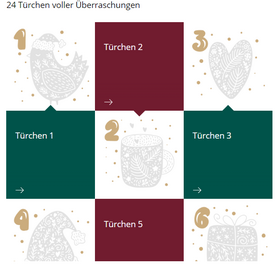
Check our highlights for the year 2024 at the Advent Calendar of City of the Future at TU Braunschweig:
Advancing through innovation: how 6G, AI and trustworthy systems are shaping the smart cities of the future
www.tu-braunschweig.de/stadtderzukunft/adventskalender/tuer-4
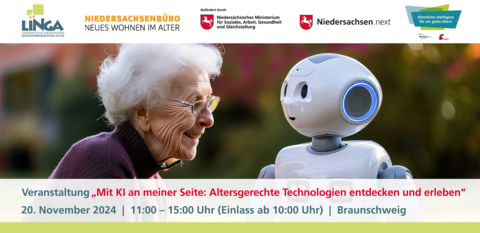
On 20.11.2024, Delia Balzer from LINGA hosted an inspiring event with panelists Susanne Knaak (Niedersachsenbüro – Neues Wohnen im Alter), Dr. Frank Ursin (Hannover Medical School), and Patrick Ney (City of Hannover).
Prof. Selma Saidi emphasized the importance of building trust and acceptance in AI-based assistive technologies by enhancing reliability and safety. She highlighted how smart city digitalization—through advanced compute and wireless communication infrastructure—can foster trustworthiness by integrating diverse sensor data to improve environmental awareness, redundancy, and overall system reliability.
Two critical questions shaped the discussion:
Special thanks to Tanja Föhr for conceptualizing the event and to Delia Balzer for exceptional moderation. More information can be found here.